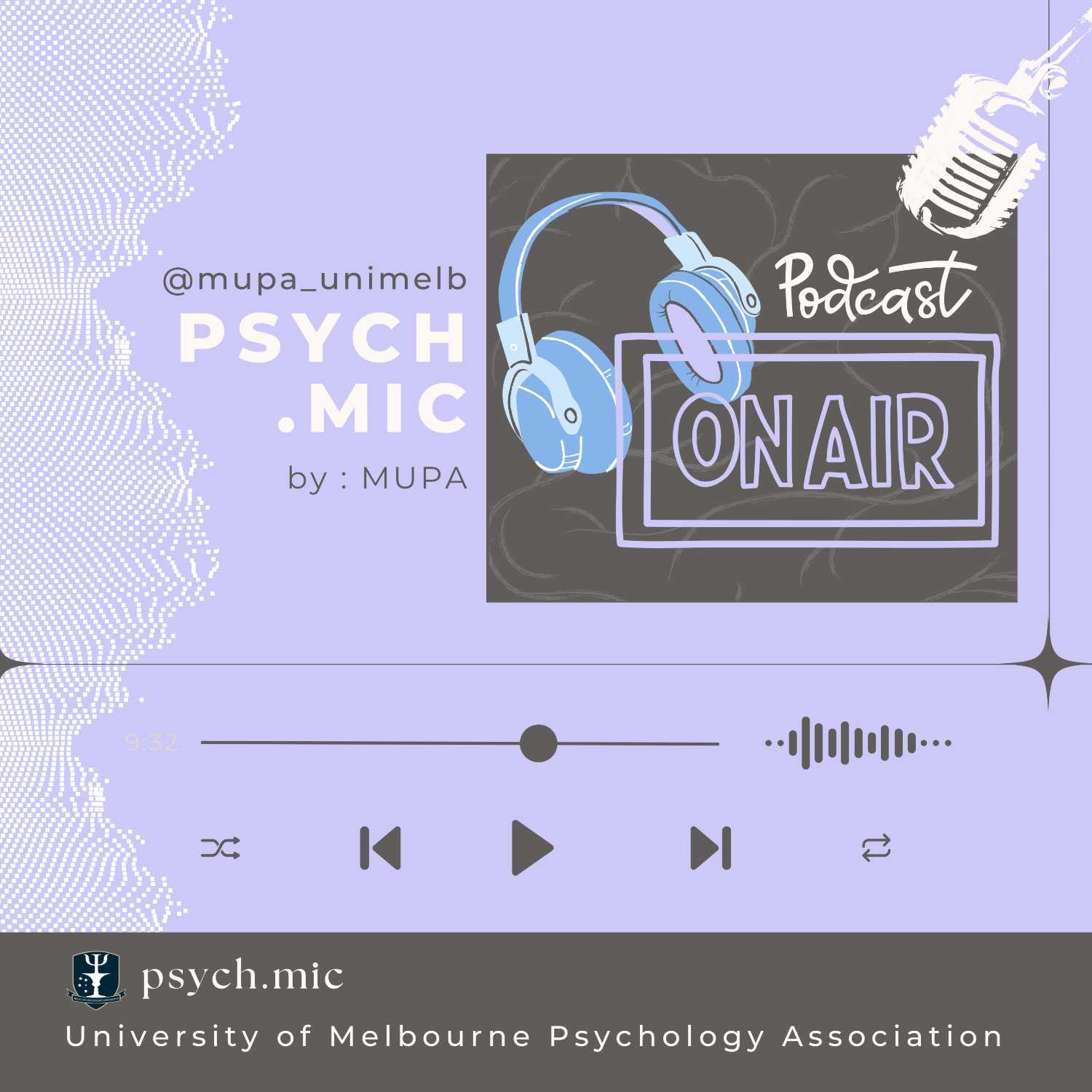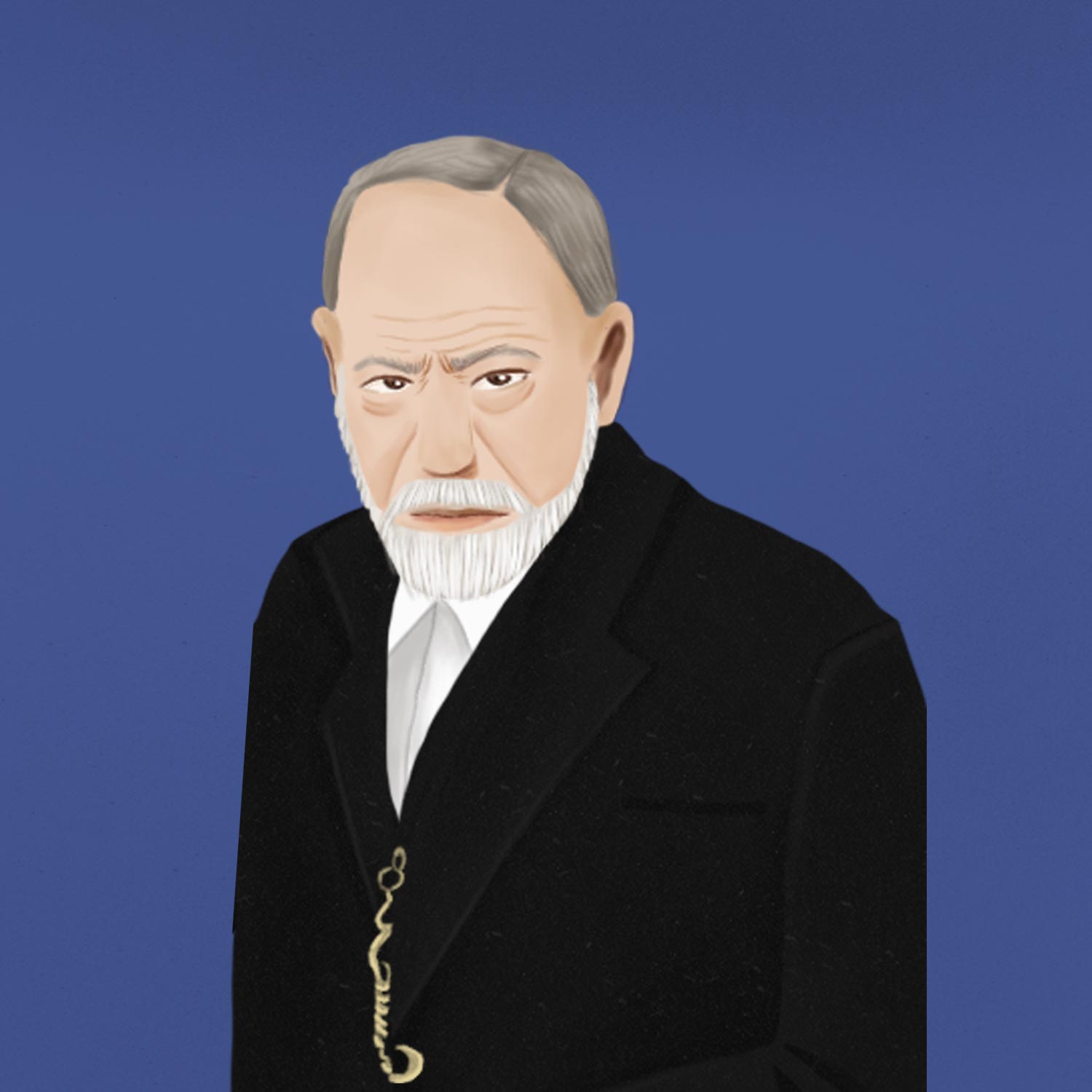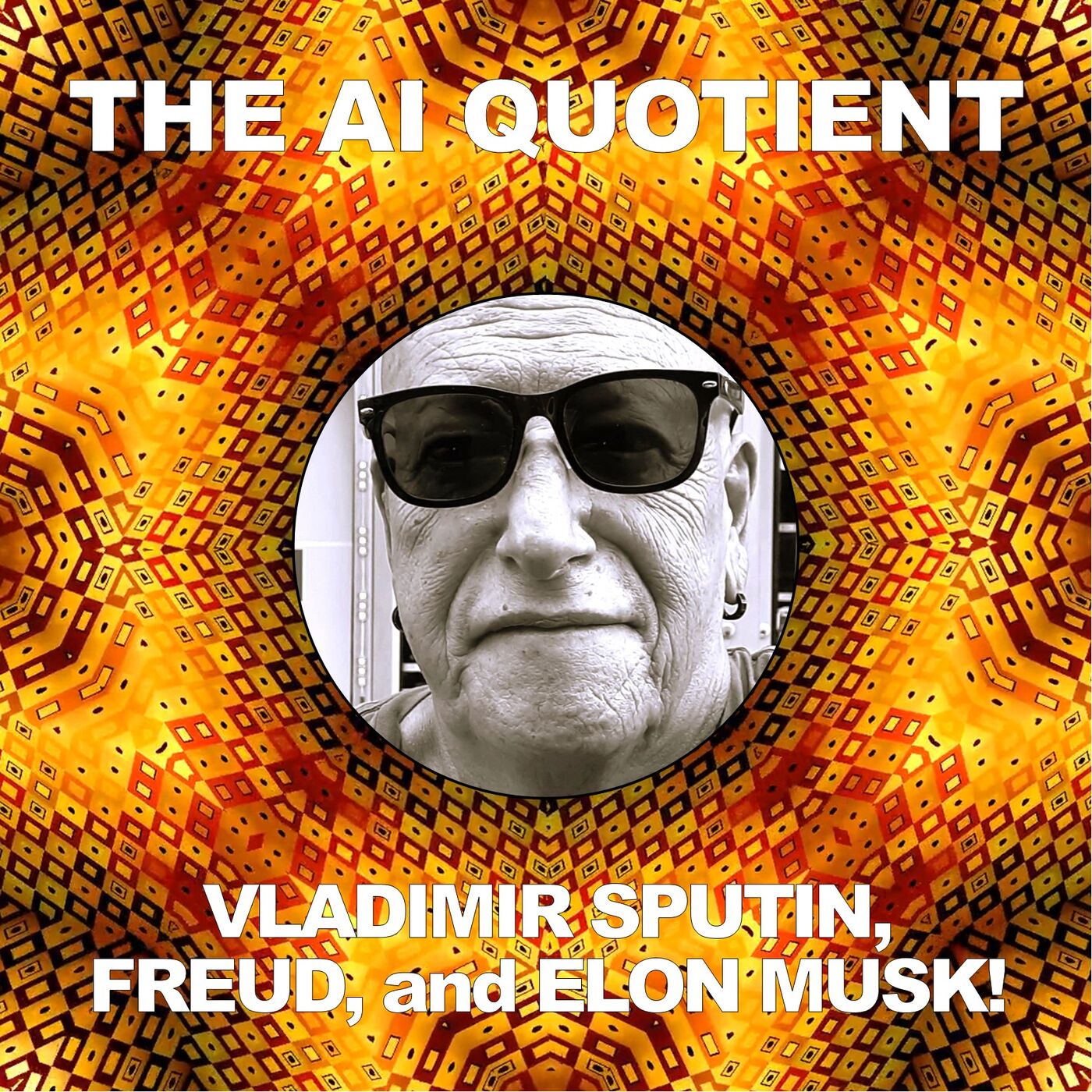- After-Shows
- Alternative
- Animals
- Animation
- Arts
- Astronomy
- Automotive
- Aviation
- Baseball
- Basketball
- Beauty
- Books
- Buddhism
- Business
- Careers
- Chemistry
- Christianity
- Climate
- Comedy
- Commentary
- Courses
- Crafts
- Cricket
- Cryptocurrency
- Culture
- Daily
- Design
- Documentary
- Drama
- Earth
- Education
- Entertainment
- Entrepreneurship
- Family
- Fantasy
- Fashion
- Fiction
- Film
- Fitness
- Food
- Football
- Games
- Garden
- Golf
- Government
- Health
- Hinduism
- History
- Hobbies
- Hockey
- Home
- How-To
- Improv
- Interviews
- Investing
- Islam
- Journals
- Judaism
- Kids
- Language
- Learning
- Leisure
- Life
- Management
- Manga
- Marketing
- Mathematics
- Medicine
- Mental
- Music
- Natural
- Nature
- News
- Non-Profit
- Nutrition
- Parenting
- Performing
- Personal
- Pets
- Philosophy
- Physics
- Places
- Politics
- Relationships
- Religion
- Reviews
- Role-Playing
- Rugby
- Running
- Science
- Self-Improvement
- Sexuality
- Soccer
- Social
- Society
- Spirituality
- Sports
- Stand-Up
- Stories
- Swimming
- TV
- Tabletop
- Technology
- Tennis
- Travel
- True Crime
- Episode-Games
- Visual
- Volleyball
- Weather
- Wilderness
- Wrestling
- Other
The Mindscape of Sigmund Freud
Chapter 1:Summary of Freud
In "Freud: A Life for Our Time," author Peter Gay provides a comprehensive biography of Sigmund Freud, the "father of psychoanalysis." The book delves into Freud's personal life, professional career, and the development of his groundbreaking theories.
Gay begins with a detailed account of Freud's early childhood in Vienna, where he showed exceptional intelligence and ambition. He discusses Freud's medical studies, his early fascination with psychology, and his eventual decision to pursue a career in psychoanalysis.
The book explores Freud's influential relationships with important figures such as Josef Breuer, who was instrumental in the development of Freud's theory of psychoanalysis, and Carl Jung, who eventually became Freud's protégé and later his rival. Gay highlights the tensions and conflicts that arose within Freud's professional circle, particularly with those who challenged or opposed his theories.
The book also delves into Freud's personal life, including his marriage to Martha Bernays and their six children. Gay examines Freud's complex relationship with his mother, which greatly influenced his theories on the unconscious mind and sexuality.
Throughout the biography, Gay explores Freud's major works, such as "The Interpretation of Dreams" and "The Psychopathology of Everyday Life," offering insights into how they have shaped our understanding of the human psyche. He also discusses Freud's controversial theories on sexuality, the Oedipus complex, and the interpretation of dreams.
Gay critically examines the limitations and critiques of Freud's work, particularly in light of contemporary research and perspectives. He also explores how Freud's ideas have shaped modern psychology and influenced other disciplines such as literature, art, and film.
In conclusion, "Freud: A Life for Our Time" provides a detailed and engaging overview of Sigmund Freud's life, work, and lasting impact on the field of psychology. It offers a balanced perspective on Freud's contributions and shortcomings, making it a valuable resource for anyone interested in understanding the man behind the influential theories of psychoanalysis.
Chapter 2:The Meaning of of Freud
The book "Freud: A Life for Our Time" by Peter Gay provides a comprehensive biography of Sigmund Freud, the founder of psychoanalysis. In this book, Gay explores Freud's personal life, intellectual development, and the historical context in which his ideas emerged. Gay also delves into the controversies and criticisms surrounding Freud's work, as well as the lasting impact of his theories on psychology and cultural studies. Overall, the book aims to offer a balanced and accessible account of Freud's life and work, making it a valuable resource for those interested in understanding the life and ideas of one of the most influential figures in the field of psychology.
Chapter 3: Freud Chapters
1. The Man: Peter Gay begins the book by providing a biography of Sigmund Freud, delving into his early life, education, and personal relationships. He explores Freud's early medical career, his interest in neurology, and his eventual development of psychoanalysis.
2. The Idea: In this chapter, Gay focuses on the development of Freud's revolutionary ideas. He discusses the importance of Freud's theories on the unconscious mind, the significance of dreams, and the role of sexuality in human behavior. Gay also explores the controversy surrounding Freud's theories and the resistance he faced from the medical community.
3. Practice: Gay examines the practical application of Freudian psychoanalysis. He discusses Freud's therapeutic techniques, including free association and interpretation of dreams, as well as the development of psychoana





















